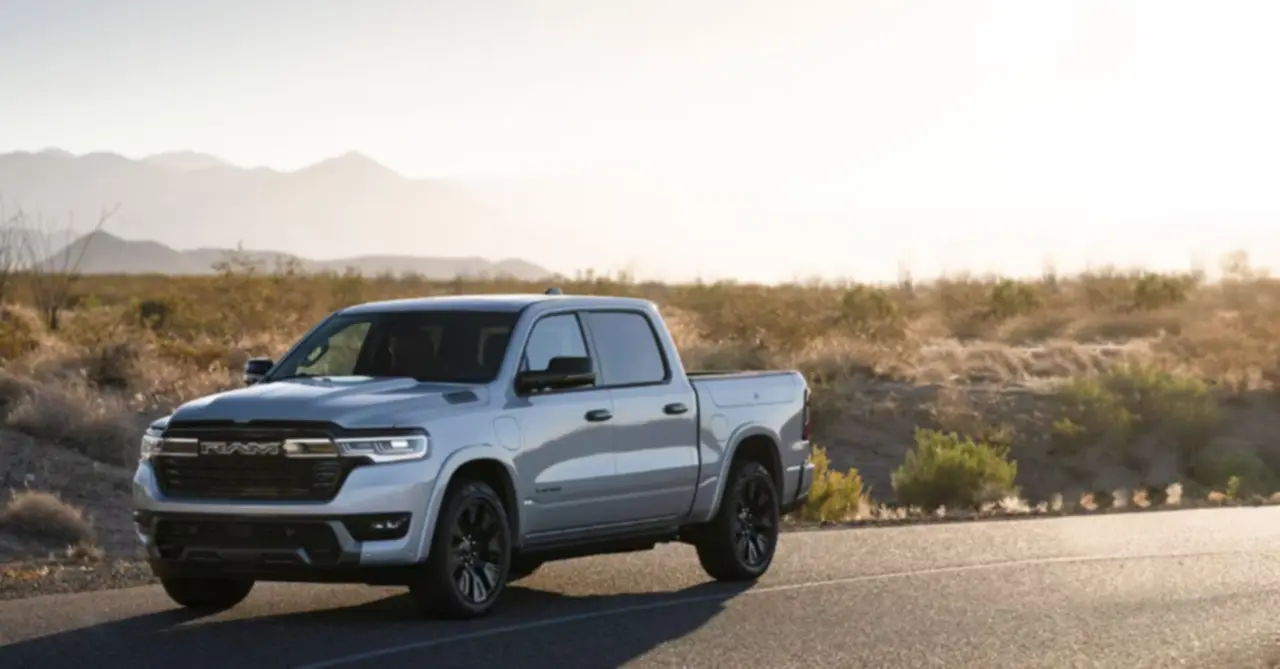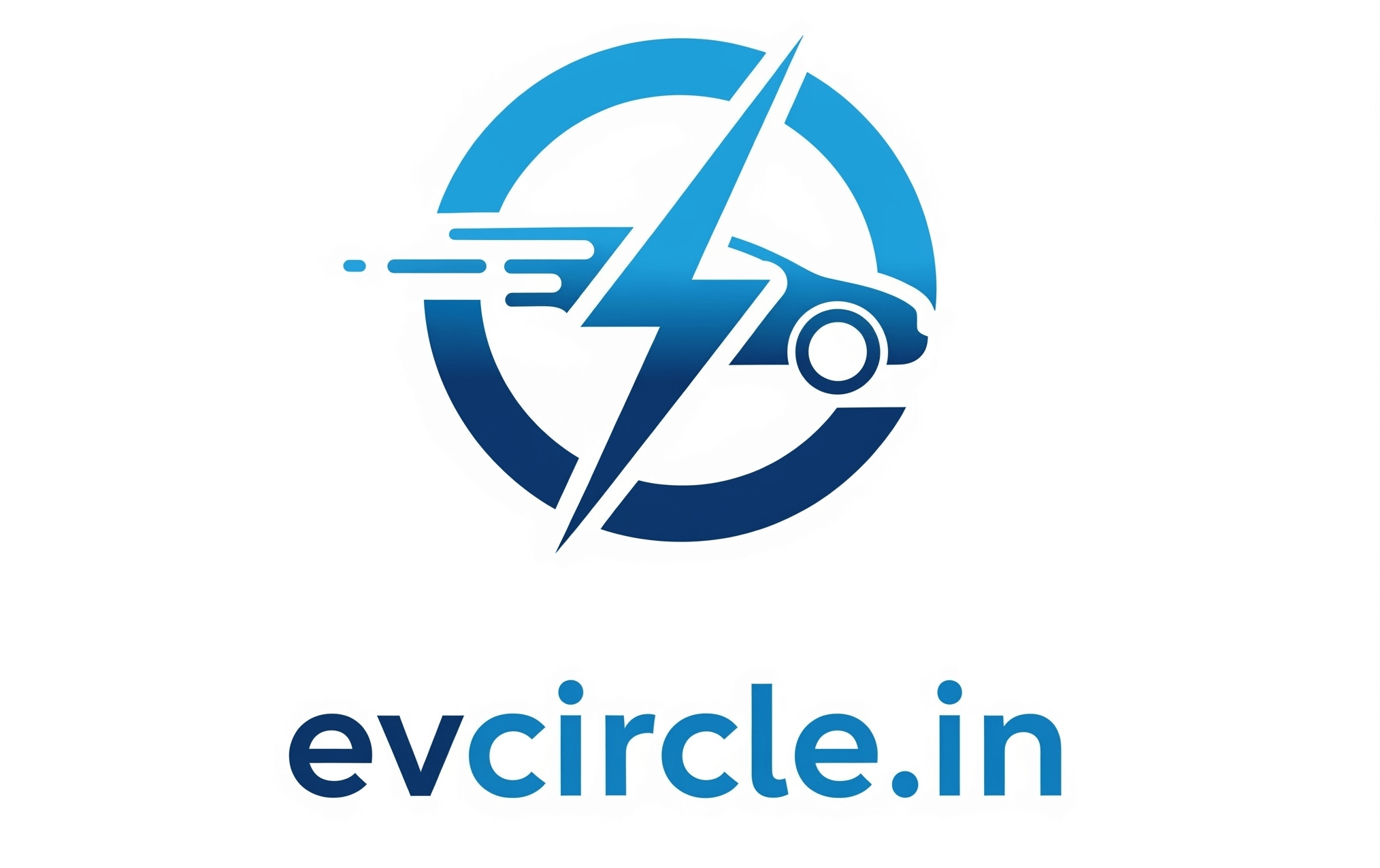
Over the last five years, NASCAR’s most direct connection to the EV debate has unfolded not on the racetrack but inside the executive suites of its partner automakers. Companies such as Ford, Chevrolet, Toyota, and most recently Stellantis’ Ram brand have been wrestling with a quandary created by federal mandates, buyer preferences, and racing tradition — three forces that often clash. Regulators demand cleaner EVs, shoppers are increasingly seeking electric options, and motorsport devotees still crave the familiar thunder of high-powered combustion engines. Fans have been left speculating about how their preferred racing marques will evolve, and Ram’s newest decision may have provided an answer.
Ram’s pickups have long been a fan favorite within NASCAR’s audience. Even after a short hiatus from the Truck Series, the name retained its appeal. In 2023, Stellantis revealed the Ram 1500 Revolution concept at CES in Las Vegas, presenting it as a flagship for the EV shift. Still, the truck’s launch date was pushed back multiple times, a hint of internal reluctance. “We expected the EV truck wave to crest by now, but consumer adoption hasn’t kept pace,” auto analyst Sam Fiorani said. That deceleration invited conjecture, and attention is now focused on Ram’s forthcoming moves.
A pivotal turn in Ram’s NASCAR playbook
On September 12, Stellantis announced that Ram is shelving its all-electric pickup project. “As demand for full-size battery electric trucks slows in North America, Stellantis is reassessing its product strategy and will discontinue development of a full-size BEV pickup,” a company spokesperson told CNBC. The declaration represents a backtrack from earlier commitments. Additionally, it makes Ram the first major U.S. truck marque to openly walk away from a full-size all-electric model. For NASCAR fans wary of EVs, it suggests a manufacturer heeding its traditional base rather than forcing a rapid shift. But the decision involved compromise.
Instead of abandoning electrification altogether, Ram will move toward what it describes as an “extended-range electric” pickup. This would combine a gasoline engine with electric propulsion. The firm said the model will debut in 2026 as the “Ram 1500 REV,” replacing the prior “Ramcharger” name. That tactic echoes hybrid solutions already gaining traction, like Ford’s F-150 PowerBoost and Toyota’s Tundra i-FORCE MAX.
“It allows us to deliver electrification benefits without requiring consumers to give up the capabilities they value most in a truck,” Ram CEO Tim Kuniskis said earlier this year. For racing audiences, that indicates Stellantis is tailoring its products to a consumer segment that prioritizes horsepower, towing ability, and durability over muted acceleration alone. This highlights the impact of new leadership.
New Stellantis CEO Antonio Filosa has already rolled back several of his predecessor Carlos Tavares’ bold EV programs. Filosa vowed in July to take “the tough decisions needed to re-establish profitable growth.” By shelving the full BEV pickup, Stellantis sidesteps heavy expenditures. By contrast, Ford’s Lightning and GM’s Silverado EV have faced sluggish sales. It also eases concerns among NASCAR’s Ram supporters, who had worried the electrification push might estrange the brand’s conventional truck customers.
The remaining question is whether Ram’s extended-range pickup can balance innovation with tradition. NASCAR itself has only started testing hybrid tech in prototype cars, with no fully electric entries planned.
For the moment, Stellantis’ course correction comforts fans that the rumble of combustion engines will persist, even as speculation grows over Ram’s 2026 NASCAR program and the possible return of drivers such as Hailie Deegan.
Speculations rise about possible Ram’s NASCAR return for Deegan
Hailie Deegan, once among NASCAR’s most promising young talents, exited the national stock car ranks after a difficult stint in the Xfinity Series. After running full-time with AM Racing in 2024, Deegan moved to the Indy NXT championship in 2025, pursuing fresh prospects outside NASCAR. Her departure closed a chapter that began with success in the ARCA Menards Series, where she had been noted for her speed and potential to become a stock car star. Now reports suggest she could be back in NASCAR soon after that bittersweet exit.
At the time, Deegan’s departure raised many questions about her NASCAR prospects. That was particularly true as the driver market evolved and new contenders surfaced across the Truck and Xfinity Series. ThorSport Racing, where she formerly competed, and Niece Motorsports, which has recently shuffled drivers, are among the teams that might offer seats in 2026. Meanwhile, manufacturers and teams, including Ram, are weighing strategic growth that could open spots for drivers with demonstrated marketability and racing credentials. Among these scenarios, a return to Ram has become a hot topic online.
Despite some doubtful reactions, the rumors have picked up momentum, with several teams reportedly eyeing Deegan for 2026. ThorSport Racing, Deegan’s former team, might have a vacancy in the No. 98 truck. Niece Motorsports also could have openings after recent roster moves. Yet the most talked-about possibility centers on Kaulig Racing’s new five-truck program with Ram. Given Deegan’s sponsorship support and commercial appeal, she could be a compelling candidate for one of those rides.
So far, there have been no formal announcements about Deegan’s return to NASCAR. Still, the mounting speculation and potential openings indicate a comeback is plausible. Fans and industry observers will be watching closely as the 2026 season nears.
Shell’s EV Thermal Fluid Enables 10-Minute Battery Charging
Tech enthusiast and researcher passionate about innovations shaping the future of mobility.

Leave a Reply